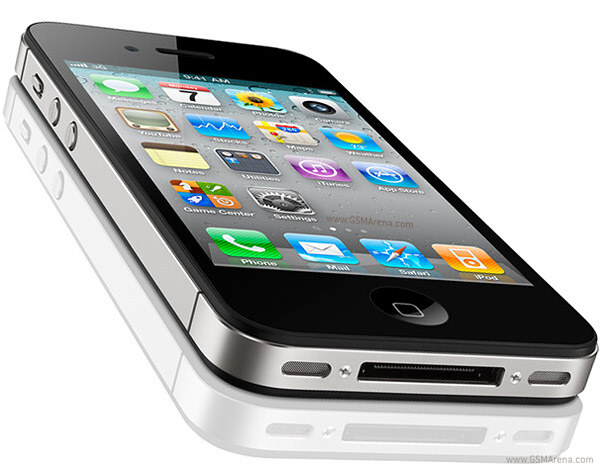Survey Says Mobile Computing is the “New Normal” for Federal Employees
There was a growing trend in the adoption of mobile computing in the federal government, driven by the need for flexibility, remote work capabilities, and improved efficiency. Federal agencies were increasingly recognizing the benefits of mobile technologies in enhancing employee productivity and responsiveness to citizen needs. While I don’t have access to real-time data, I can provide insights into some of the key reasons why mobile computing was considered the “new normal” for federal employees at that time:
- Remote Work and Telecommuting: The COVID-19 pandemic accelerated the adoption of remote work practices across various sectors, including the federal government. Mobile devices and applications allowed federal employees to access critical information and perform their duties from outside the office, promoting continuity of operations during lockdowns and other disruptions.
- Enhanced Productivity: Mobile computing enables federal employees to stay connected and productive while on the move. It allows them to respond to emails, access documents, and collaborate with colleagues from virtually anywhere, reducing downtime and improving responsiveness.
- Efficient Field Operations: Many federal agencies, such as those involved in law enforcement, emergency response, and healthcare, rely on mobile devices and applications to support field operations. Mobile technology enhances data collection, communication, and decision-making in real-time.
- Cost Savings: Adopting mobile technologies can lead to cost savings in terms of reduced paperwork, streamlined processes, and more efficient use of resources. It can also support green initiatives by reducing the need for paper-based workflows.
- Security and Compliance: Security measures, including mobile device management (MDM) and encryption, were increasingly integrated into federal mobile computing strategies to ensure data protection and compliance with regulatory requirements.
- Citizen Engagement: Mobile applications and services enable federal agencies to engage with citizens more effectively. For example, citizens can access government services and information through mobile apps and websites, improving accessibility and convenience.
- Data Analytics: Mobile computing facilitates the collection of valuable data, which federal agencies can analyze to make data-driven decisions, optimize operations, and improve services to the public.
- Accessibility: Federal agencies are committed to ensuring accessibility for all citizens, including those with disabilities. Mobile technologies can provide accessibility features, such as screen readers and voice commands, to make government services more inclusive.
It’s important to note that the adoption and impact of mobile computing in the federal government can vary across agencies and may have evolved since my last update in 2021. The federal government often undergoes changes and modernization efforts to stay aligned with technology trends and the evolving needs of both employees and citizens.
For the most current information and insights on the state of mobile computing in the federal government, I recommend referring to government publications, official announcements, and industry reports published after my last knowledge update.
The increasing use of mobile devices by federal employees presents a number of challenges, including:
- Security: Mobile devices are more vulnerable to malware and other threats than traditional computers.
- Compliance: Agencies need to ensure that mobile devices are compliant with all applicable regulations.
- Management: Agencies need to find ways to manage and secure mobile devices effectively.
Despite the challenges, mobile computing is here to stay. Agencies need to embrace mobile computing and take steps to secure it.
Here are some tips for federal agencies to secure mobile devices:
- Implement a mobile device management (MDM) solution. An MDM solution can help you manage and secure mobile devices.
- Use strong passwords and multi-factor authentication. Strong passwords and multi-factor authentication can help protect your devices from unauthorized access.
- Keep your devices up to date. Software updates often include security patches that can help protect your devices from malware and other threats.
- Use a VPN when connecting to public Wi-Fi. A VPN can help protect your data when you are connected to a public Wi-Fi network.
- Be careful what apps you install. Only install apps from trusted sources.
- Educate your employees about mobile security. Your employees should be aware of the risks associated with mobile devices and how to protect themselves.






